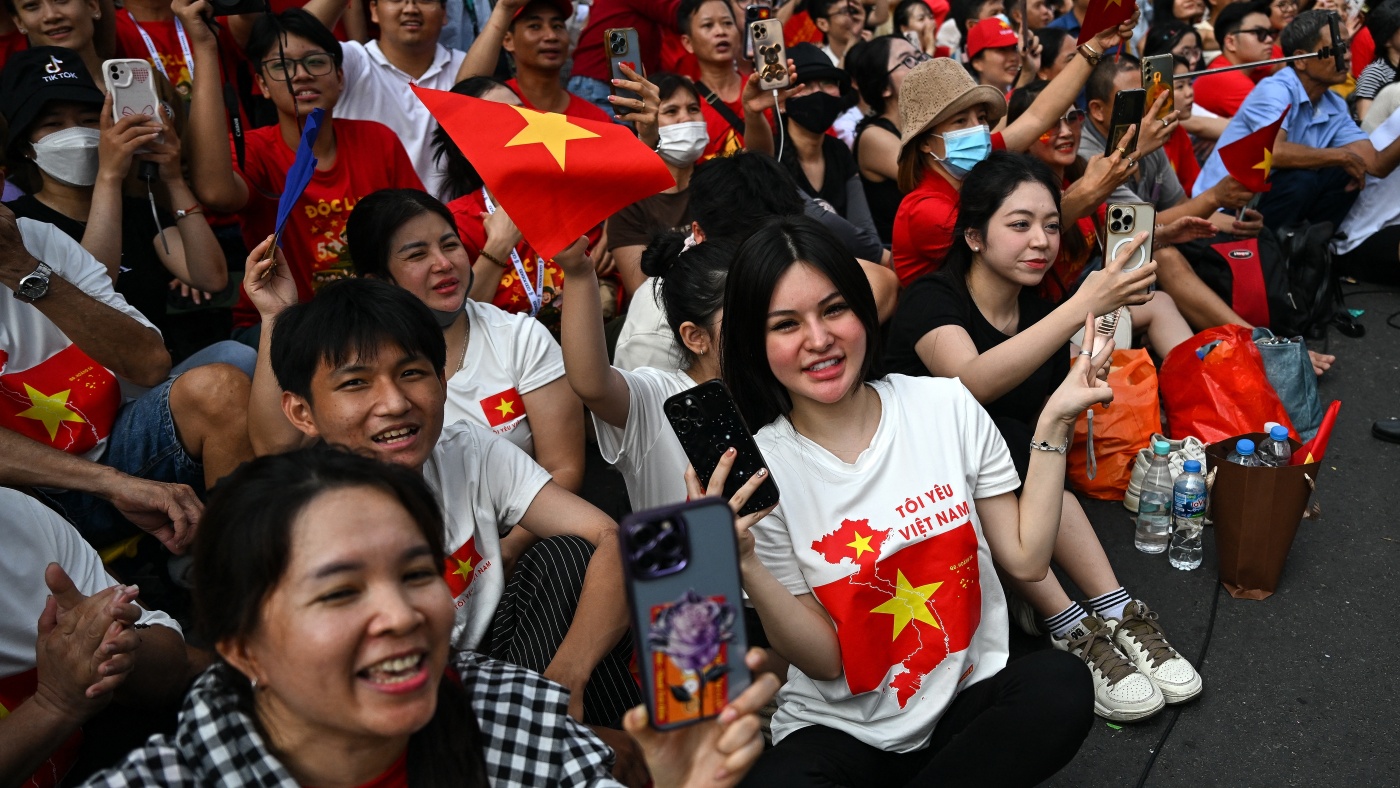Vietnam’s 50th Anniversary of the End of the Vietnam War: Unity, Reflection, and Moving Forward
Introduction
Fifty years after the last American helicopters lifted off from Saigon, Vietnam marked a historic milestone—the 50th anniversary of the end of the Vietnam War. On April 30, 2025, the nation paused to reflect on a conflict that reshaped its identity, tested its resilience, and ultimately forged a path toward unity. The commemorations were not merely about looking back; they were a powerful statement of Vietnam’s journey from devastation to development, from division to solidarity.
This anniversary was more than a military victory parade—it was a national reckoning. It honored the sacrifices of millions while confronting the lingering scars of war. Through ceremonies, cultural events, and educational initiatives, Vietnam sought to bridge generational divides and reinforce a collective vision for the future.
A Nation Remembers: The Month-Long Commemoration
The Grand Military Parade
The centerpiece of the anniversary was a meticulously orchestrated military parade in Hanoi, a spectacle of discipline and national pride. Soldiers marched in precise formations, vintage tanks rolled past, and fighter jets streaked across the sky. But this was not just a show of strength—it was a symbolic reclamation of history. Veterans, some now in their 70s and 80s, stood shoulder-to-shoulder with young cadets, embodying the passage of time and the continuity of national memory.
Beyond the Parade: Memorials and Cultural Tributes
Across Vietnam, the anniversary was marked by a tapestry of events:
– Memorial Services – Candlelight vigils and wreath-laying ceremonies honored the fallen, from soldiers to civilians caught in the crossfire.
– Cultural Performances – Traditional music, dance, and theater retold wartime stories, blending sorrow with resilience.
– Educational Programs – Schools and museums hosted exhibitions, ensuring younger generations understood the war’s complexities beyond textbook summaries.
These events reinforced a crucial message: the war was not just a historical footnote but a defining chapter in Vietnam’s collective consciousness.
April 30, 1975: The Day That Changed Everything
The Fall of Saigon and Its Legacy
On April 30, 1975, North Vietnamese forces seized Saigon, ending decades of conflict. For many, this was liberation; for others, the beginning of exile. The 50th anniversary forced Vietnam to confront these dual narratives. State media emphasized national reunification, while diaspora communities abroad remembered displacement and loss.
Veterans’ Voices: Stories of Sacrifice
Pham Ngoc Son, a former communist soldier, became one of the faces of the anniversary. His recollections of jungle warfare and post-war rebuilding humanized the statistics. “We fought not just for ideology, but for our families,” he said. His story, like many others, served as a bridge between past and present, reminding the nation that unity was hard-won.
The Unfinished Healing: War’s Lingering Divides
Reconciliation and Remaining Tensions
Despite official narratives of harmony, the war’s scars persist. Agent Orange victims still seek justice. Families remain separated by politics. The anniversary subtly acknowledged these fractures, with speeches calling for “harmony without forgetting.”
The Role of Youth in Shaping Memory
For millennials and Gen Z, the war is distant history. Yet, through oral history projects and veteran meet-ups, many engaged with its legacy. “My grandfather never spoke of the war until now,” shared one university student. “This anniversary made him open up.” Such intergenerational dialogues are key to Vietnam’s evolving national story.
Vietnam Today: From War to Global Player
Economic and Diplomatic Triumphs
Since 1975, Vietnam has transformed from a war-ravaged agrarian society into a manufacturing powerhouse and key U.S. trade partner. The anniversary highlighted this progress, with forums on sustainable development and global partnerships.
Challenges Ahead
Yet, challenges remain—climate change, income inequality, and geopolitical tensions. The anniversary’s underlying theme was clear: unity must extend beyond commemoration into collective problem-solving.
Conclusion: A Nation Forged in Fire, Building in Peace
The 50th anniversary was both a tribute and a turning point. Vietnam honored its past without being shackled by it, celebrating resilience while acknowledging unresolved pain. The parades and memorials were not just about 1975; they were about 2025 and beyond.
As the country moves forward, the lessons of the war—sacrifice, perseverance, and the fragile nature of peace—remain vital. The true measure of this anniversary will be how Vietnam harnesses its hard-earned unity to face tomorrow’s trials. In remembering where it has been, Vietnam reaffirmed where it is determined to go: forward, together.











